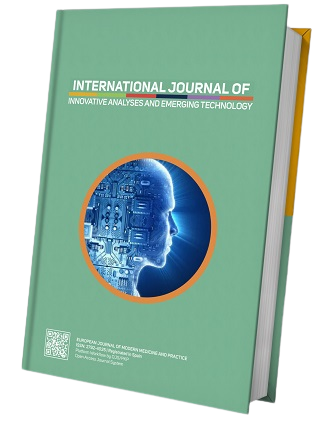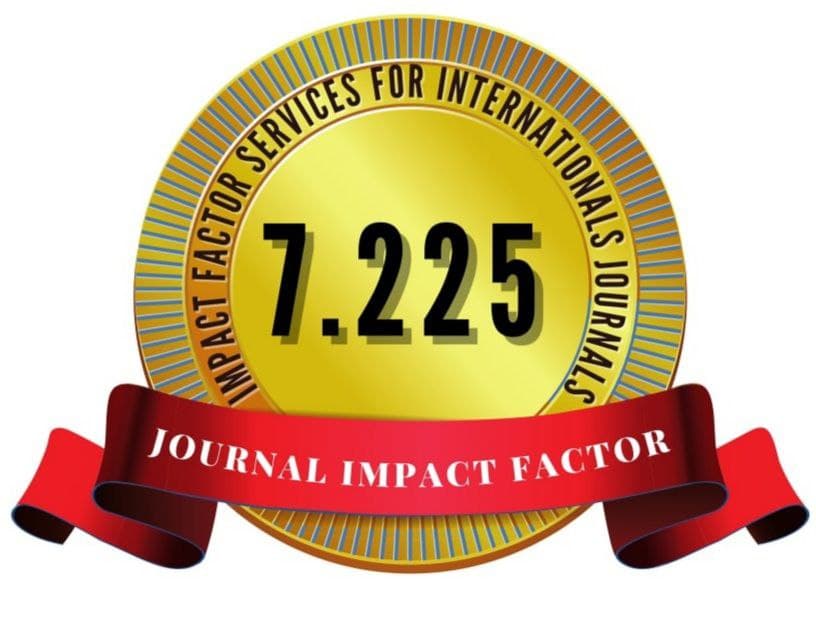The Role of the Authorities Charged with Forceful Execution of Court Judgments Under OHADA
Keywords:
Role, Authorities, forceful execution, court judgments, OHADAAbstract
Once a judgment has been delivered by the court of law, the next issue in view is its execution. The execution of a judgment is not always easy. This has often met with stiff resistance on the part of the judgment debtor. Where the judgment debtor fails to voluntarily comply, the judgment creditor is constrained to have recourse to coercive measures in order to reap the benefits of his judgment. This entails soliciting the intervention of some authorities empowered by law to lend assistance to the execution process. In the absence of these judicial stakeholders who assist in the execution process, justice cannot be seen to be done in a matter. This article sets out to identify the various actors or authorities empowered by law to lend assistance in furtherance of the execution process. It also articulates their respective roles in this process to ensure that a victorious plaintiff is restituted in his rights as ordered by the court in the judgment. The paper rounds up with some recommendations which if implemented by the OHADA draftsman, may go a long way to improve on the due process of execution of court judgments within the member states of the OHADA supranational body.







